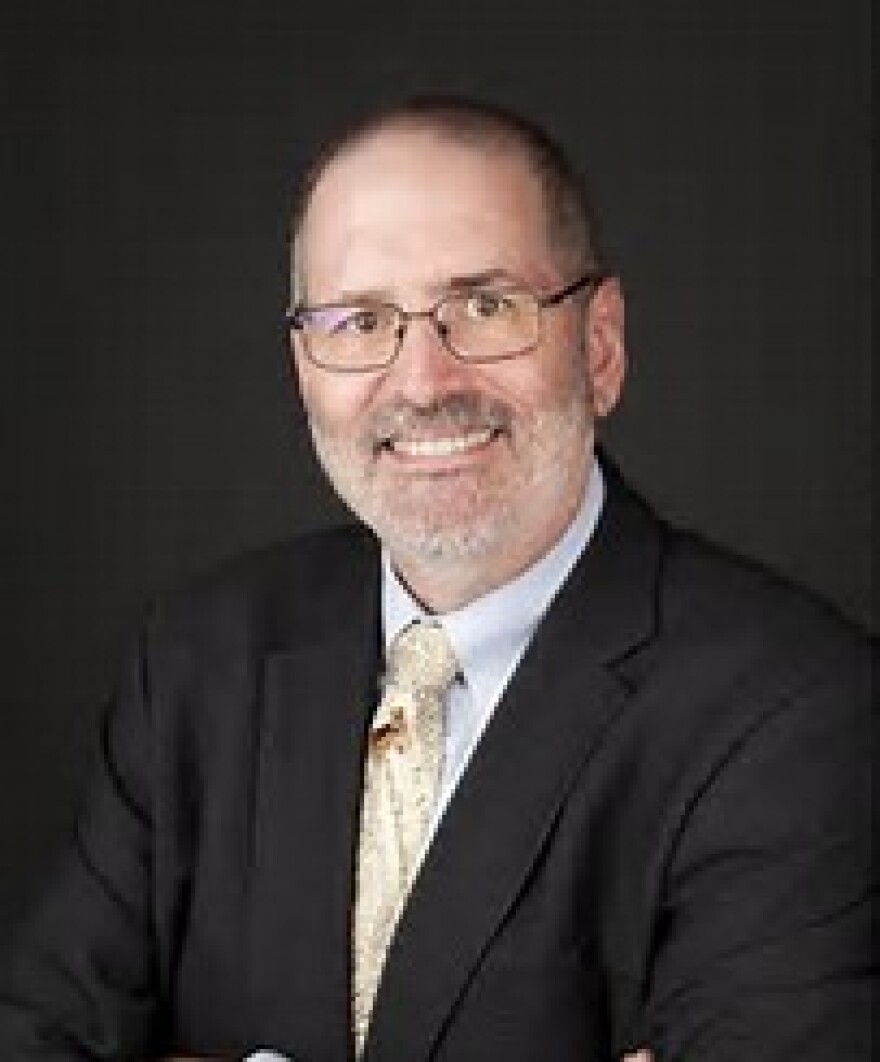As newly-elected officials begin their transitions to their new jobs, Rick Scott will delay his swearing-in at the U.S. Senate to finish his term as Florida’s Governor.
Scott will not follow in Bob Graham’s footsteps. Graham was the last person to move from the Florida governor's mansion to the U.S. Senate. He stepped down from his perch in Tallahassee on January 3, 1987 and was sworn into the Senate the same day.
“Now that this campaign is behind us, that’s where we’re going to leave it,” said Scott during his victory speech last month after defeating incumbent Democrat Bill Nelson, who was seeking a fourth term.
“There’s a lot of people who are going to pore all over those inaccurate polls; I have no interest in looking backwards, I’m going to look to the future,” said Scott. “And we have a bright future in front of us.”
Senate Majority Leader Mitch McConnell has agreed to hold Scott's ceremony on the day his term ends on January 8. Other senators elected in November will be sworn in January 3 — when the 115th Congress officially ends and the 116th Congress begins.
“The original plan was for [Scott] to resign early, so he could get to the Senate, get sworn in,” says Charles Zelden, a political scientist at Nova Southeastern University in Boca Raton. “The earlier he gets to the Senate, the more seniority he has, which can play a role later down the line in terms of committee assignments, and whether he becomes a chair or not.”

Scott’s decision also means that Lt. Governor Carlos Lopez-Cantera, will not assume the role of acting governor as was widely expected.
Was this a snub of the Lt. Governor?
“Possibly; but it may actually have to do with the fact there is still some contentious issues going on in the state, and he wants to be in control of that,” Zelden says. “Until he passes it off to [Governor-elect Ron] DeSantis.”
For Scott, it’s a matter of a newcomer replacing a three-term senator. But Zelden says the impact on Florida likely will be negligent, because of now-senior Sen. Marco Rubio.
“Who is well-entrenched in leadership in the Senate,” says Zelden. "It’s unlikely that there would be a drop in terms of federal funding and what-have-you, but in terms of having a senator getting down and into the processes of making government work. There is no learning curve.”
That learning curve, says Zelden, involves knowing the difference between being a governor and a senator – one difference is that as Governor, Scott led through response.
“During his eight years as governor, the legislative initiatives were the leaders of the Legislature,” Zelden says. “But in the Senate, he’s going to need to fill more initiatives in terms of proposing [bills], and to work a little more collegially with those around him. Especially in his own caucus.”
In his victory speech, Scott said he would bring many of his ideas during his eight years in Tallahassee to his new gig.

“Now, I’m just one individual, but there’s a lot of other individuals in D.C. that want to do the same thing,” said the Senator-elect. “And I’m going to work with them, and we will change – like we did in Florida – the direction of Washington, D.C.”
Scott’s razor-thin defeat of Bill Nelson — about 10,000 votes out of eight million cast – triggered two state-mandated recounts. Not exactly a mandate by the people, says Nova’s Charles Zelden.
“But then [Scott’s] never really had a mandate anyhow,” said Zelden. “He’s won by the narrowest of margins in all of the elections that he’s won. This one was as narrow as the others, but the answer he came up with was, pretend he did. And he’s used to doing that and I think he’ll continue to do that in the Senate.”
Most Florida elected officials who seek other office are required by Florida law to resign in writing. Scott was not required to do that since his term as Governor expires and is filled in the same primary period as the Senate office he won.

